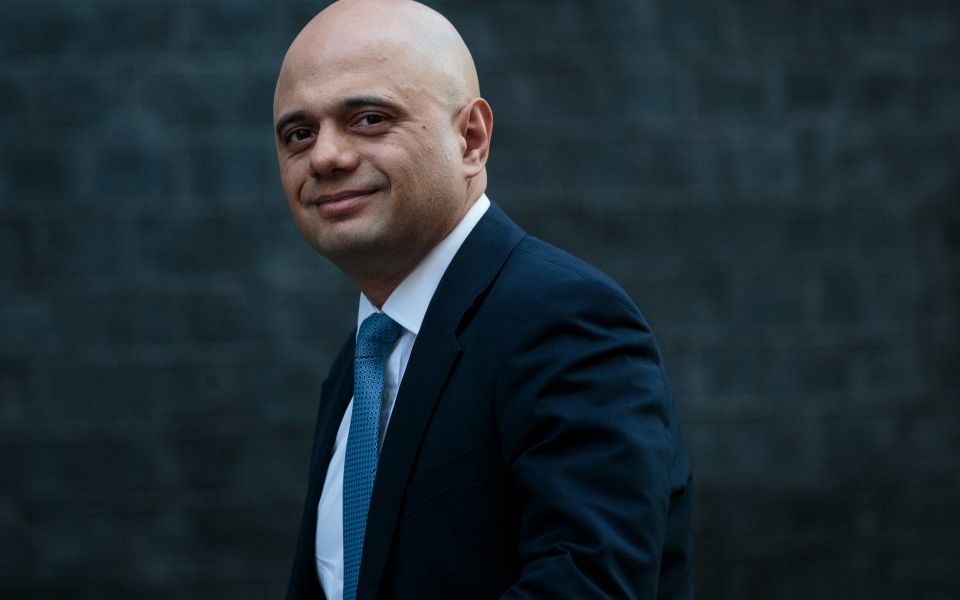Time for the government to set out the details of its post-Brexit immigration policy

Inch by inch, the government is creeping closer to a new immigration policy.
With the publication yesterday of the Migration Advisory Committee's (MAC) report, there are no reasons left not to set out a vision for this complicated and contentious area of policy. The expectation is that Theresa May will use her speech to the Tory party conference at the start of October to address this issue.
The MAC, chaired by Professor Alan Manning, was tasked with carrying out a root and branch review of immigration policy back in the summer of 2017 by then Home Secretary Amber Rudd. Ever since then, ministers have dodged questions about immigration policy by citing the ongoing research, warning that they wouldn't want to pre-empt it.
Now that its findings have been published, ministers have nowhere to hide.
So what does it say? Firstly, it attempts to deal with some persistent myths around immigration. It makes clear that EU migrants pay more in tax than they receive in benefits (by nearly £5bn a year) and finds no evidence that increased EU migration has damaged life in the UK. It also finds no reliable evidence that mass migration has suppressed domestic wages or put employers off investing in training for UK workers. These findings constitute a welcome outburst of cool-headed analysis in the debate.
The report also recommends scrapping the cap on Tier 2 skilled worker visas, something welcomed wholeheartedly by business groups yesterday. Controversially, it also cautions against keeping open a route for low-skilled EU workers post-Brexit. Some industry groups, notably in hospitality, baulked at this. Most significantly, the research found that the benefits and downsides of freedom of movement have been overplayed, and it suggests the government should not discriminate against non-EU migrants.
For 'global Britain' advocates like Home Secretary Sajid Javid, this is welcome support. However, Theresa May could find that offering preferential access to EU workers forms an essential part of any Brexit deal, despite vowing to end free movement.
She'll have to call it something else, but it's unlikely that life will get much harder for EU workers seeking to come to the UK post-Brexit. However, May mustn't let the Brexit negotiations determine too much of the UK's future immigration policy.
As the MAC report makes clear, there's a world out there and the UK must be open to it.
